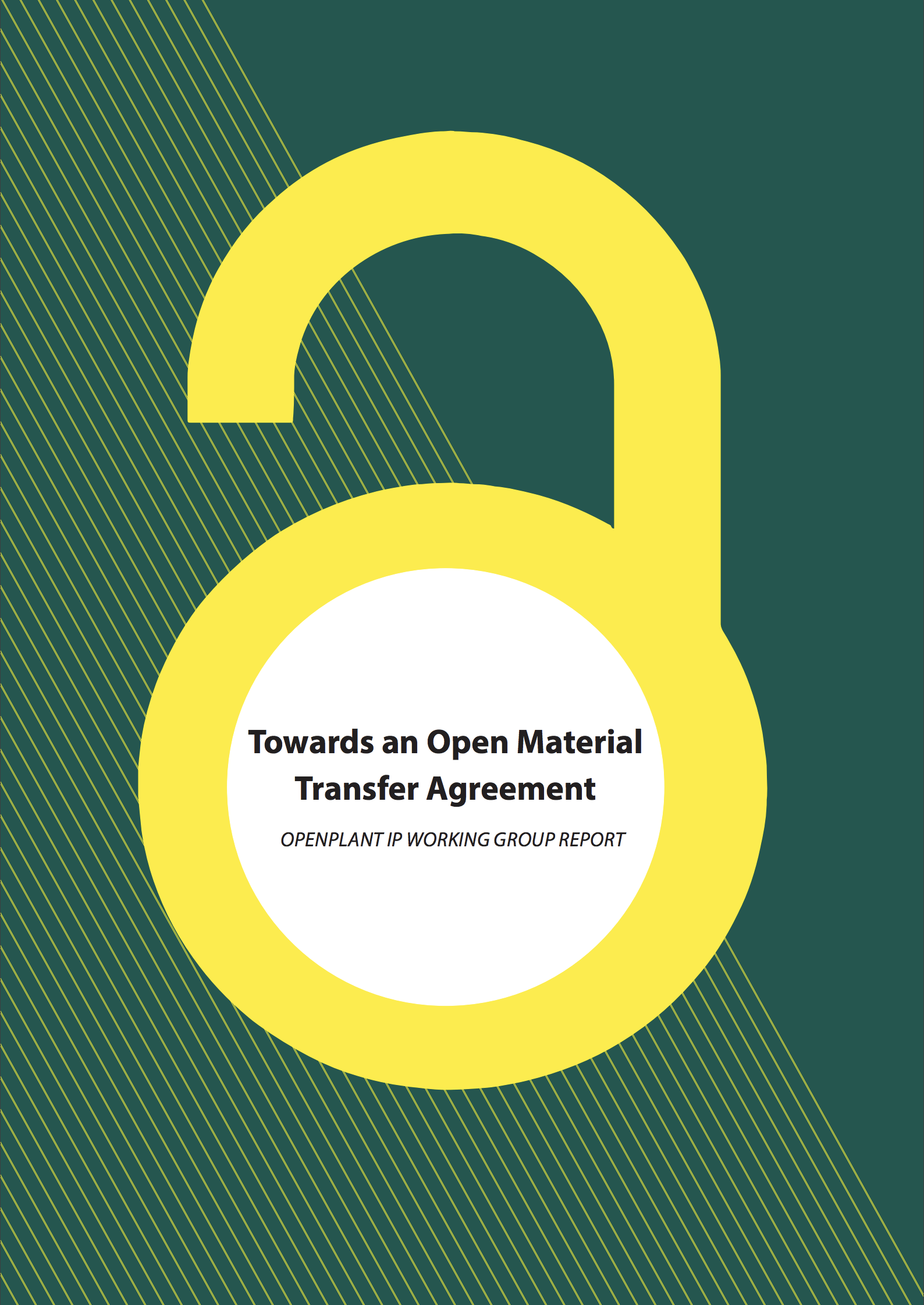The OpenPlant Intellectual Property (IP) Working Group was formed to examine IP norms and policies that impede innovation in plant synthetic biology. The result was the development of the Open Material Transfer Agreement (OpenMTA), a legal tool for sharing DNA parts and other biological materials that allows IP-free sharing of foundational tools while promoting the scaling and commercialisation of novel advanced technologies.
OpenPlant is a collaborative initiative between the University of Cambridge, the John Innes Centre and the Earlham Institute in Norwich. It is a synthetic biology research centre focused on the development of open technologies for plant synthetic biology. As part of this initiative, the OpenPlant Intellectual Property (IP) Working Group was formed to examine current IP norms and policies that impede innovation in plant synthetic biology and develop pragmatic solutions.
OpenPlant is building a collectionof promoters to drive expression of fluorescent markers in the liverwort Marchantia polymorpha which will be shared with the plant synthetic biology community. Image: Bernardo Pollak, Haseloff Lab, University of Cambridge
The Working Group met at the University of Cambridge on 30 July 2015 to solicit input on the design specifications for an open material transfer agreement (OpenMTA), a legal tool that complements the BioBrick® Public Agreement and supports the sharing of DNA components as tangible material. The second aim was to gather and prioritise actionable goals for creating and sustaining an international platform of open technologies for plant synthetic biology.
This report provides background and context for our discussions then summarises the observations of the 23 participants, who included researchers, technical experts, and legal practitioners from academic, industry, and non-profit organisations.
“We believe steps to facilitate exchange of DNA parts and tools will substantially speed the take-up of new technologies in plant synthetic biology.”
The OpenPlant IP Working Group continued discussions through monthly calls and drafted several comment pieces and conference presentations. After extensive consultation, the text of the OpenMTA Master Agreement is published, initial signatories are invited and the first transfers of materials are beginning to take place, including transfer of bacterial DNA parts from Stanford University to the J Craig Venter Institute. Work continues to address the other issues identified in this report in the context of sharing OpenPlant-derived tools and technologies.
The authors welcome feedback on this report and invite suggestions for concrete actions enabling the creation and maintenance of platforms for sharing open biotechnologies.
For more information on the OpenMTA, see http://openmta.org



